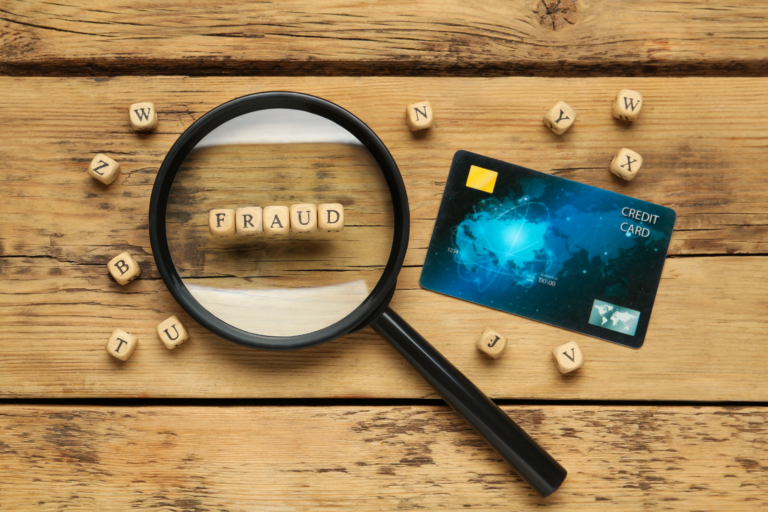By Peterson S. DeCoteau, NYLAG Financial Counselor
This week, millions of people are participating in the annual America Saves Week to learn how to become more financially confident. America Saves defines financial confidence as, “the intersection of building a savings habit, knowing what resources you have available to support your financial stability, and taking advantage of those resources as needed.”
A recent survey on financial goals revealed that “building an emergency savings fund” is considered one of the most important goals for this year among American adults. One important aspect to boost your savings is the interest rate you are earning on your savings accounts.
The Federal Reserve, also known as the Fed, is the central bank of the U.S., in charge of setting interest rates. In 2022, the Federal Reserve increased the federal funds rate or interest rate seven times. When this happens, banks tend to pay more in interest and consumers benefit significantly, if their funds are in the right type of account.
If you can save money, high-yield savings accounts and certificates of deposit remain the best savings vehicles at this time. These accounts pay much higher interest rates than savings accounts offered by brick-and-mortar banks.
Below are some tips when considering opening a high-yield savings account:
- Consider online banks. Online banks tend to compete for customers with comparatively high rates, while brick-and-mortar banks tend to offer significantly low interest rates. Right now, there are some online banks that are offering 4% annual percentage yield (APY) as opposed to 0.01% offered by regular banks on regular savings accounts. Be aware that, unlike traditional banks, online banks may not have multiple physical locations or ATMs, so you may need to plan ahead to access your money.
- Make sure the bank of you are choosing is insured by the Federal Deposit Insurance Corporation (FDIC). According to the FDIC, “The standard insurance amount is $250,000 per depositor, per insured bank, for each account ownership category.” You can look up the insurance status of a bank on the FDIC’s BankFind Suite.
- Know the bank’s minimum requirements to open an account and to receive the high-yield interest. Some banks may require a specific amount of money to open an account. A NYLAG financial counselor can help you understand the fine print and the rules of different accounts.
- Consider a Certificate of Deposit (CD). CDs are good financial instruments as long as you are willing to lock your money for a specific period of time, ranging from six months to years. Know that there are penalties for withdrawing the money ahead of time. To learn more about how CDs work, visit the Better Money Habits website from Bank of America.
For savers looking to increase their yields, this is a great time to take advantage of the highest interest rates in decades. We all are experiencing a savings yield bonanza that can help us deal with the increase in prices due to inflation and the lingering effects of the COVID pandemic on the economy.
Increase your savings goals this America Saves Week and reap the benefits of higher returns on your deposits!
Still have questions?
To get more knowledge about high-yield savings accounts and tips and strategies to budget better and find additional savings, reach out to a NYLAG Financial Counselor. NYLAG Financial Counselors can help you create a budget, set up achievable goals, and start building your savings. Connect with a NYLAG financial counselor.








